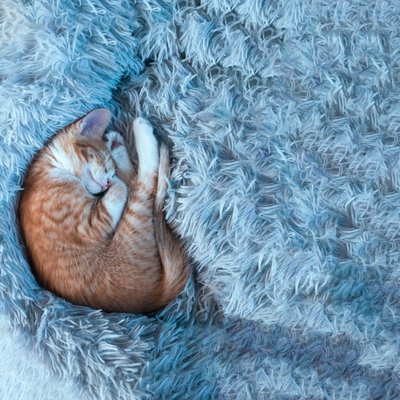- Examples
La primera insignia utilizada había sido una pequeña ikurriña colocada en la parte izquierda del pecho. | The first insignia used had been a small Basque flag (or Ikurriña) worn on the left-hand side of the chest. |
A ambos lados de la frontera, las fachadas de las aldeas tradicionales reflejan los colores de la bandera vasca, la ikurriña, con profundos rojos y verdes que adornan las casas blancas. | On both sides of the border, traditional village settings reflect the colours of the Basque flag, the ikurriña, with deep-reds and greens adorning white homes. |
La definitiva reproducía una cruz blanca sobre fondo rojo y encima el roble de Gernika, combinando los colores de la ikurriña, y con las cadenas de Navarra orlando el conjunto. | The definitive version reproduced a white cross on a red background over the oak tree of Gernika, combining the colours of the Basque flag, edged by the chains of Navarre. |
Disuelto el Ejército Vasco, sus hombres se habían encuadrado en el ejército de la Francia libre, y desfilaban bajo la ikurriña del desaparecido batallón Saseta del Euzko Gudarostea. | Following the disbanding of the Basque Army, its troops had been posted to the ranks of the Free French army, and marched under the ikurriña of the former Saseta battalion of the Euzko Gudarostea. |
Creada en 1894, la ikurriña (Ikur= símbolo y egiña= hecho) pretendía ser el símbolo del Territorio Histórico Vasco de Bizkaia, pero tras algo más de tres décadas se convirtió en símbolo de todo el País Vasco. | Ikurriña Created in 1894, the Basque flag or ikurriña (ikur = sign; egiña = made) was meant to be the symbol of the Historical Territory of Bizkaia. |
El término Euskadi en Iparralde tampoco corresponde a una institución política propia; existe, subsiste y nadie lo impugna por eso, como en Navarra, al igual que sucede con la ikurriña. | The term Euskadi in Iparralde doesn't correspond to a political institution either; it exists, persists and nobody contests it for that, like in Navarra, the same as what happens with the ikurriña (flag of The Basque Country). |
Sabino Arana Goiri (Abando, 1865-1903), fue el ideólogo del nacionalismo vasco independentista, fundador del Partido Nacionalista Vasco, y creador –junto con su hermano Luis– de la ikurriña (la bandera vasca). | Sabino Arana Goiri (Abando, 1865-1903), was the ideologue of pro-independence Basque nationalism, founder of the Partido Nacionalista Vasco (Basque Nationalist Party), and designer–with his brother Luis–of the Basque flag, the ikurriña. |
Prego ha realizado exposiciones a nivel internacional entre las que destaca la reciente instalación Ikurrina Quarter, realizada expresamente para Art Unlimited en Art 41 Basilea. | Among the international exhibitions of his work is the recent installation Ikurrina Quarter, created specially for Art Unlimited en Art 41 Basel. |
Random Word
Roll the dice and learn a new word now!
Want to Learn Spanish?
Spanish learning for everyone. For free.















